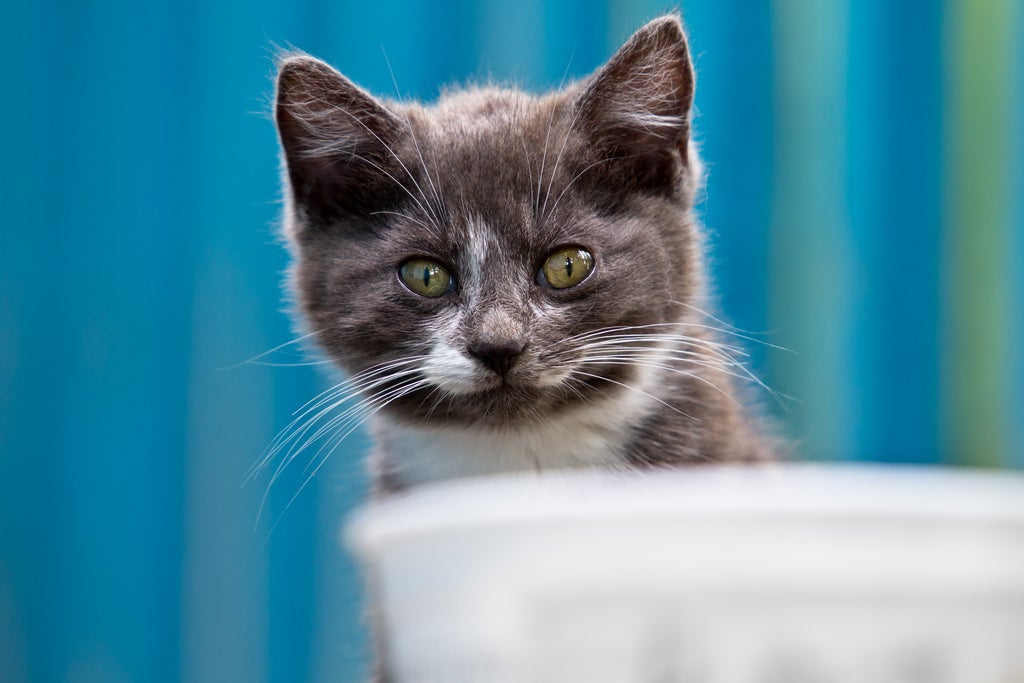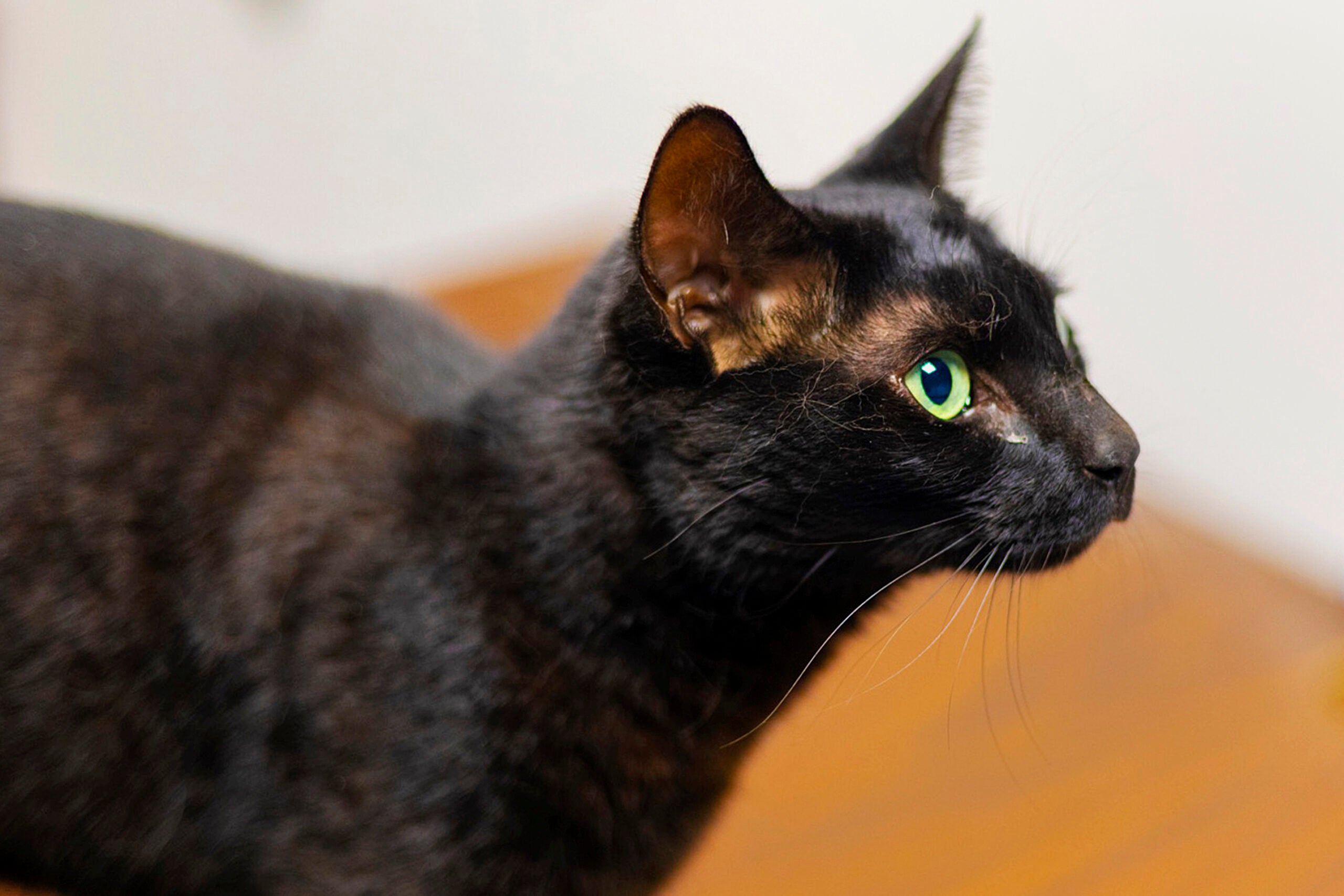Need help getting a finicky feline to eat? You’re not alone. Dr. Sandi Sawchuck is in to give us some tips to help to tempt your tabby. She also discusses what to do if your pet has diarrhea – and answer your pet care questions.
Featured in this Show
-
Tips For Feeding A Finicky Feline
Are cats born finicky or do we make them that way? According to Dr. Sandi Sawchuk it’s probably both.
“There is a lot of genetics and evolution involved with cats,” the veterinarian explained. “But cats that aren’t exposed to a variety of different foods in their first six month will become very finicky cats later in life.”
Sawchuk said she always tells owners of kittens to feed them different sizes and shapes of food, different textures, and both canned and dry food.
“There may be a time in the pet’s life when we may need to put them on a canned food diet for some reason. So it is helpful to have a cat open to variety,” she said.
The key to getting cats to eat is not the type, texture or aroma of the food but the nutrition ratio. Sawchuck cited a study done in 2011 that determined cats prefer their diet to be 52 percent protein, 36 percent fat and only 12 percent carbohydrates. This was seen in feral cats and their wild ancestors.
She said a lot of the cat food sold is high in carbohydrates.
“It’s like junk food for cats,” she said. “Try to stay with higher protein foods if you can.”
When it comes to choosing the best food, Sawchuck recommends the following:
- Choose a company that does feeding trials through American Association of Feeding Control Officials, which means it has actually been fed to pets.
- Make sure brands make their own food and don’t have it made by other companies. There is no control at that point, she said.
- It’s also important that the company have a board-certified veterinarian nutritionist on staff.
- Lastly, make sure the food meets the cat’s needs — Do they like it? Is it what they need to be healthy? Is it easy for owners to find?
Sawchuck said sometimes a cat isn’t being finicky but is sick, and cats that don’t eat are susceptible to fatty liver disease, which can often be fatal.
“If your cat is not drinking as much as usual, isn’t grooming itself or isn’t as social as normal, it should be seen by a vet,” she warned. “If you have a cat off food for 24 hours, it’s time. Or sooner if there are other symptoms.”
Episode Credits
- Larry Meiller Host
- Jill Nadeau Producer
- Dr Sandra Sawchuk Guest
Wisconsin Public Radio, © Copyright 2025, Board of Regents of the University of Wisconsin System and Wisconsin Educational Communications Board.

